Search
Search Results
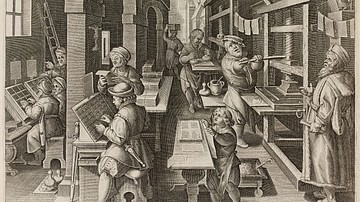
Article
The Printing Revolution in Renaissance Europe
The arrival in Europe of the printing press with moveable metal type in the 1450s CE was an event which had enormous and long-lasting consequences. The German printer Johannes Gutenberg (c. 1398-1468 CE) is widely credited with the innovation...

Definition
Renaissance Art
The art of the Renaissance period in Europe (1400-1600 CE) includes some of the most recognisable and best-loved paintings and sculptures in the world. Masters were often skilled in both painting and sculpture, and by studying the art of...
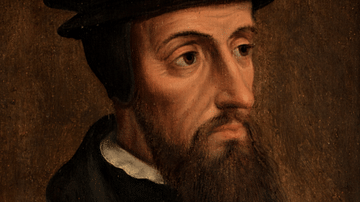
Definition
John Calvin
John Calvin (l. 1509-1564) was a French Reformer, pastor, and theologian considered among the greatest of the Protestant Reformation along with Martin Luther (l. 1483-1546) and Huldrych Zwingli (l. 1484-1531). Calvin synthesized the differing...
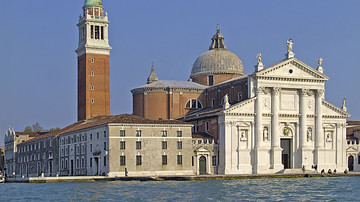
Definition
Andrea Palladio
Andrea Palladio (1508-1580 CE) was an Italian Renaissance architect most famous for the villas he designed in and around Vicenza and two large churches in Venice. Palladio blended elements of classical architecture, particularly the orders...
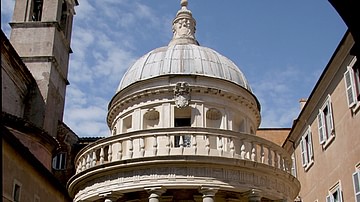
Definition
Donato Bramante
Donato Bramante (c. 1444-1514 CE) was an Italian Renaissance architect whose most famous project was the design for a new Saint Peter's Basilica in Rome, even if this work remained unfinished at his death. Bramante had also designed the influential...
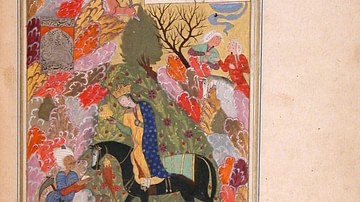
Definition
Khamsa of Nizami
Khamsa (also known as Quintet or Panj Ganj) is the best-known work of Nizami Ganjavi (c. 1141-1209 CE) and without a doubt one of the most prominent works of Persian literature. Written during the last decades of the 12th century CE, the...
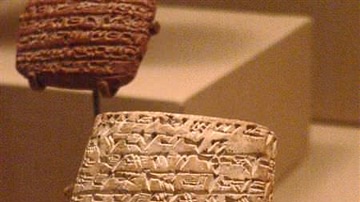
Definition
Philology
Philology is derived from the Greek terms φίλος (love) and λόγος (word, reason) and literally means a love of words. It is the study of language in literary sources and is a combination of literary studies, history and linguistics. Philology...
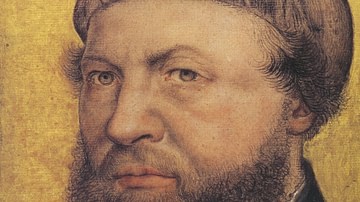
Definition
Hans Holbein the Younger
Hans Holbein the Younger (c. 1497-1543 CE) was a German Renaissance painter who is most famous for his portraits. A versatile artist and superb draughtsman, Holbein was accomplished in different mediums from woodcut engravings to murals...
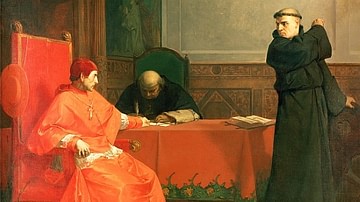
Definition
Cardinal Thomas Cajetan
Cardinal Thomas Cajetan (l.c. 1468-1534) was a Catholic theologian and philosopher best known for his disputations with Martin Luther (l. 1483-1546) beginning in 1518. Cajetan, a philosophical Humanist, was thought to have had the best chance...
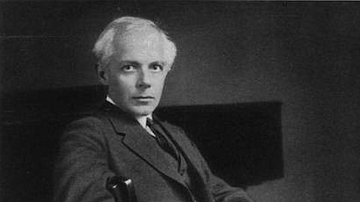
Definition
Béla Bartók
Béla Bartók (1881-1945) was an innovative Hungarian pianist and composer most famous for his classical works for piano and orchestra, string quartets, and songs, many of which present traditional Hungarian and other European folk themes...